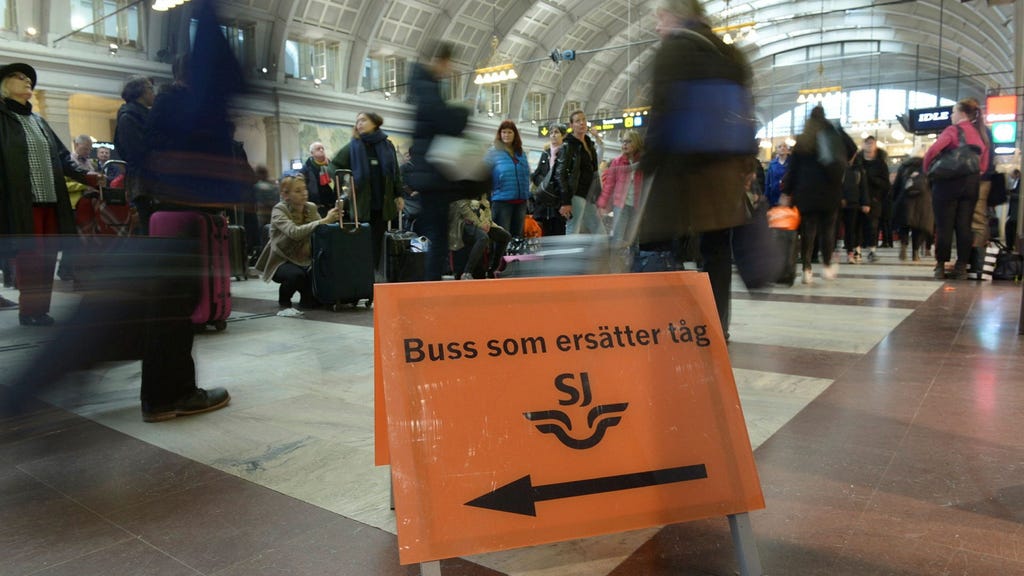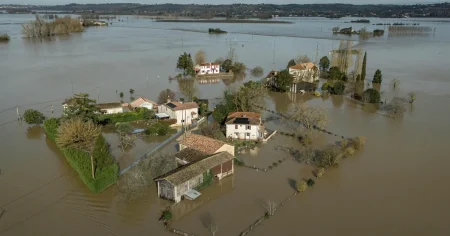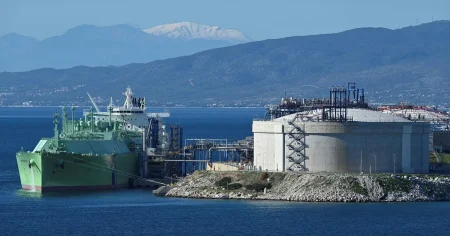The author initially expresses remorse for their past criticism of the Swedish state-owned railway company, SJ, for its chronic train delays. They admit to the ease and frequency of this criticism, likening it to low-hanging fruit, always ripe and ready for picking. Driven by a belief in the environmental benefits of train travel, the author felt justified in their complaints. However, a newfound perspective, inspired by British comedian Jason Hazeley, has completely altered their understanding.
Hazeley’s humorous take on train cancellations reframes the issue as environmentally beneficial. He argues that cancelled trains reduce resource consumption, forcing passengers onto buses, which in turn creates road congestion, ultimately discouraging car use and encouraging a return to the very trains that are unavailable. This circular logic, albeit presented satirically, illuminates a new interpretation of SJ’s seemingly poor performance.
The author now perceives SJ’s persistent delays, and even cancellations, not as failures, but as a radical, albeit unacknowledged, form of environmental activism. SJ’s stated commitment to ”minimal climate impact” takes on a new meaning, aligning perfectly with the inactivity of stranded passengers. The company’s consistently high delay rates, even worsening in recent years according to reports, are no longer seen as incompetence but as a deliberate strategy. The author even interprets SJ CEO Monica Lignegård’s stoic acceptance of continued problems for several more years as a quiet commitment to this unconventional green initiative.
This new understanding transforms the author’s perspective from one of frustration to one of admiration. The previously irritating delays are now viewed as proactive steps towards a greener future. The inability to travel by train becomes, paradoxically, a contribution to environmental preservation. The author even extends this logic to the potential cancellation of Christmas itself, envisioning a positive impact on overconsumption.
The author offers a sincere apology to SJ, acknowledging the company’s forward-thinking approach. The satire serves as a poignant commentary on the complexities of environmental action and the sometimes counterintuitive methods required to achieve sustainability goals. The piece uses humor to highlight the tension between the desire for efficient public transport and the urgent need to reduce environmental impact. It challenges readers to reconsider their own assumptions about what constitutes effective environmental policy.
Ultimately, the author’s tongue-in-cheek absolution of SJ underscores the absurdity of the situation. While the piece celebrates a humorous interpretation of train cancellations, it subtly critiques the very real and ongoing problems with the rail system. The satirical praise of inaction masks a deeper concern about the lack of real progress towards efficient and sustainable public transport. The author’s exaggerated apology becomes a powerful, albeit indirect, call for genuine improvement and a more direct approach to addressing climate concerns.














